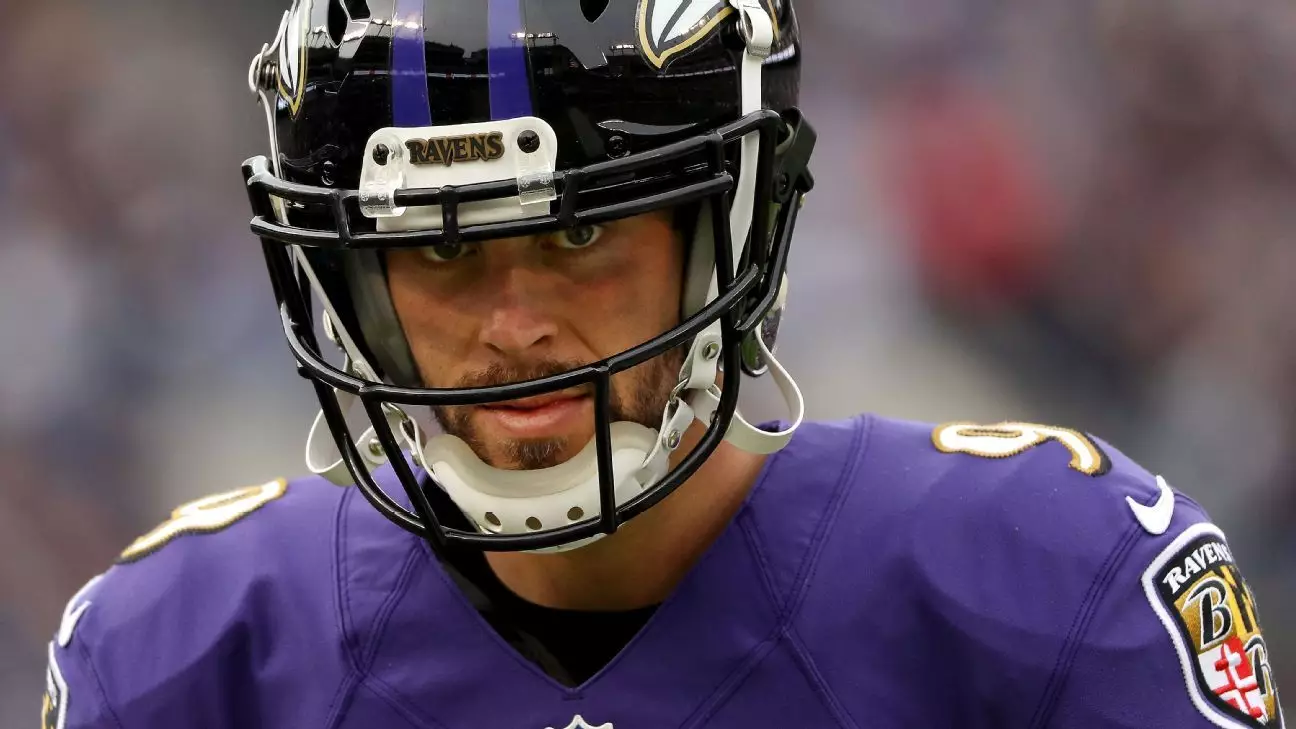The recent surge of allegations against Baltimore Ravens kicker Justin Tucker has sent shockwaves through the NFL community. The accusations, which now total 16 women from various spas, raise serious questions regarding the conduct of high-profile athletes within their professional environments. This article aims to dissect these allegations, examine their implications, and understand the broader context of personal conduct in professional sports.
According to reports, Tucker is accused of engaging in sexually inappropriate behavior during massage sessions held at upscale spas between 2012 and 2016—his early years in the NFL. The details surrounding these allegations are troubling: some therapists have claimed that Tucker left ejaculate on the massage table and engaged in unsettling eye contact while undressed. The revelations have elicited responses from key figures, including NFL Commissioner Roger Goodell, who acknowledged the seriousness of the issues raised, stating they are being taken seriously by the league. Tucker’s reaction, however, has been one of staunch denial; he has labeled the claims as “unequivocally false” and suggested that they are exaggerated or misrepresented.
The allegations against Tucker could result in disciplinary actions under the NFL’s personal conduct policy, which mandates that players maintain a certain standard of behavior both on and off the field. The fact that multiple women have come forward may complicate Tucker’s defense as it raises concerns over a pattern of behavior that could be difficult to refute. His legal team has refuted the allegations, highlighting that no formal complaints were made during Tucker’s visits to these spas and that he has supposedly never been banned from any of them.
However, the reluctance of some therapists to report Tucker’s behavior, stemming from fears of job loss, highlights a troubling dynamic where power imbalance can silence victims. This unsettling reality raises ethical questions about the culture within the grooming and massage therapy industry, particularly when interacting with powerful individuals.
Media coverage of the incidents has undoubtedly played a critical role in shaping public perception. Tucker’s legal team’s claims of the reports being “tabloid fodder” underscore a significant challenge faced by the accused: the intersection of reputational damage and media sensationalism. While it is crucial to uphold journalistic integrity, there is also a responsibility to report in a manner that does not amplify the potential for public shaming based solely on accusations.
The Ravens organization has attempted to maintain transparency by stating that they take these allegations seriously and are monitoring the situation closely. This is an important step toward accountability; however, the potential fallouts remain unclear, especially given the team’s history concerning allegations of misconduct.
The Tucker allegations place a spotlight on the overarching issues of how professional athletes are held accountable for their actions. With numerous high-profile cases of misconduct emerging within sports, it raises questions over the efficacy of existing policies and the culture surrounding athlete behavior. Prior incidents, such as those involving Deshaun Watson, have led teams to enact clear protocols to address allegations of a similar nature.
Moreover, this situation opens discussions about the potential for change. How should leagues enforce their personal conduct policies? What preventative measures can be implemented to protect those who provide services to athletes? The way forward will require a fundamental shift in how misconduct is viewed and addressed, ensuring that the concerns of those affected are heard and taken seriously.
As the situation continues to develop, what remains paramount is the integrity of the investigation and the need for a fair hearing for all parties involved. While Justin Tucker’s illustrious career is at stake, the importance of addressing allegations of misconduct cannot be overstated. The NFL, like all professional sports leagues, has a duty to uphold ethical standards while ensuring a safe environment for all individuals involved. The outcomes from these allegations could signal a pivotal turning point in the ongoing dialogue about accountability in sports.

